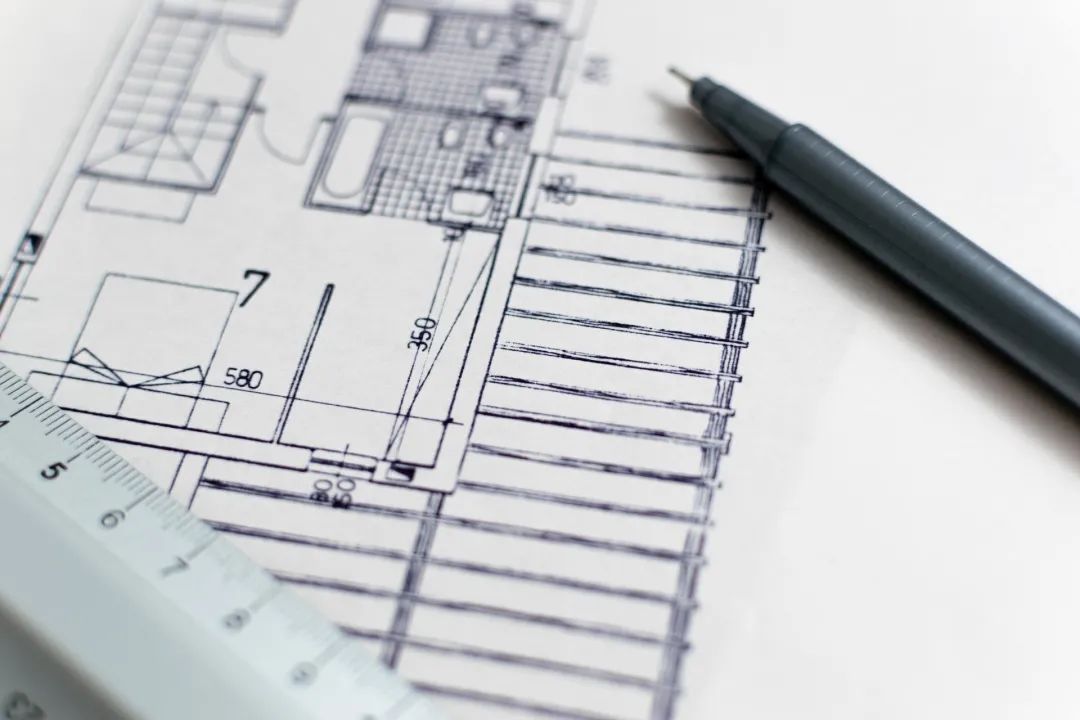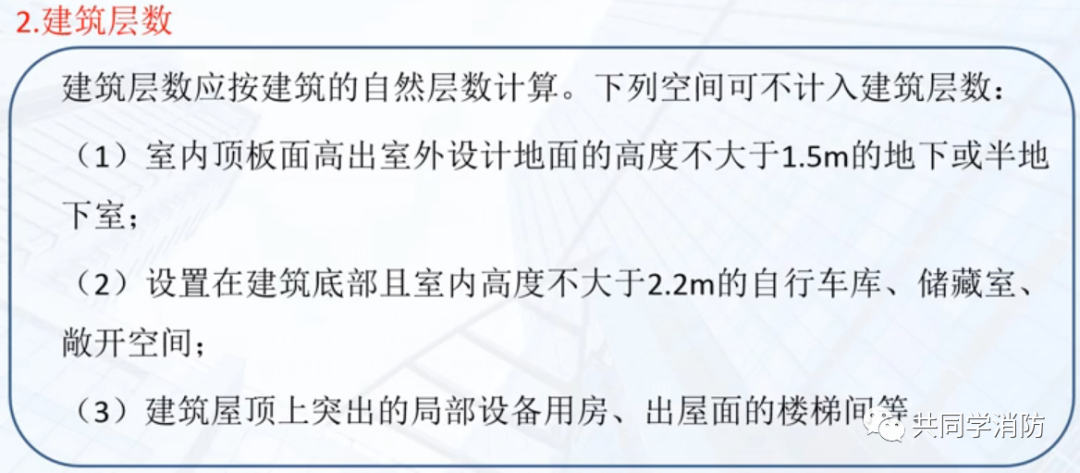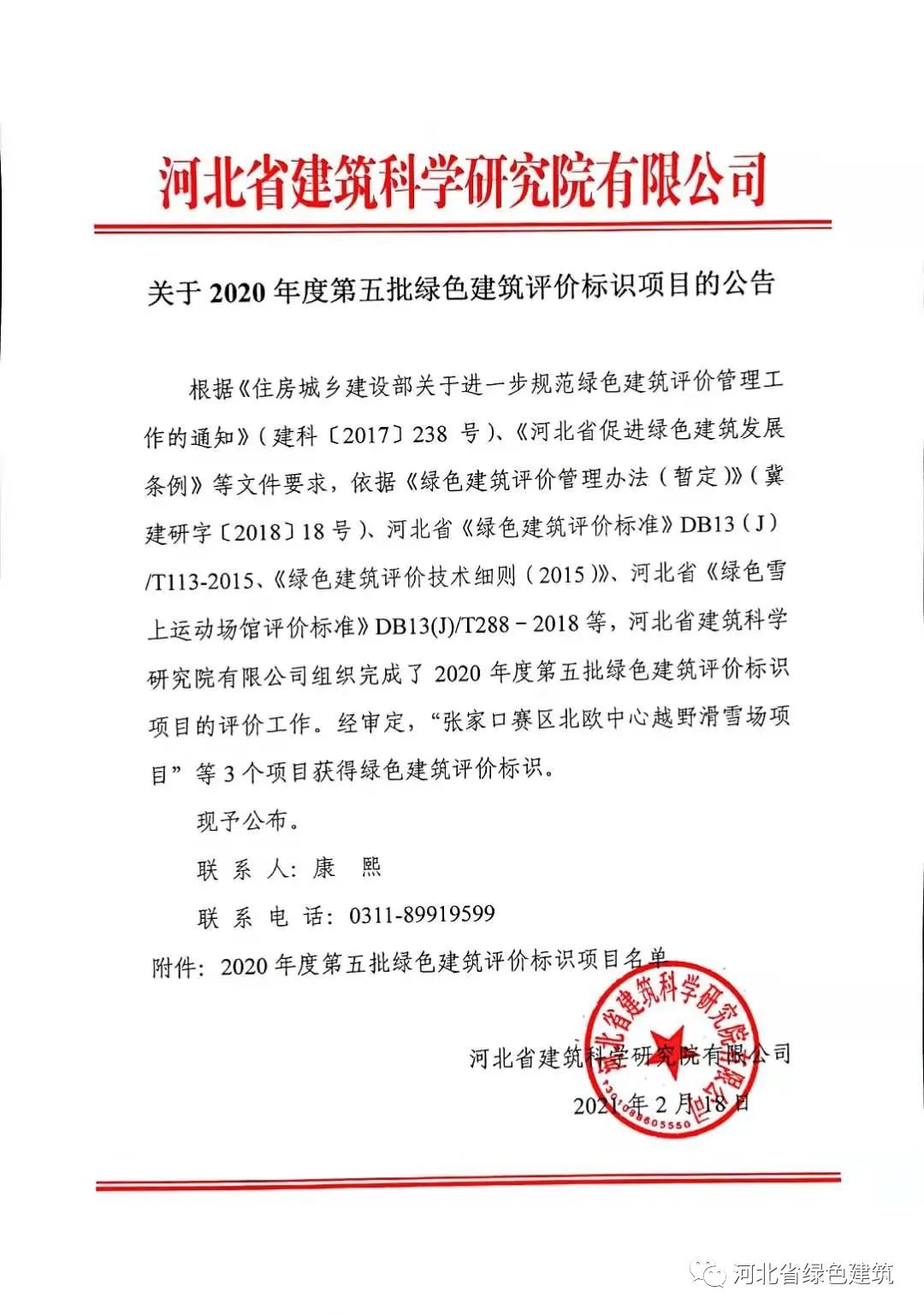The survival pressure of enterprises should be transformed into the driving force to promote management improvement.
The standardization of construction products and technologies has formed a text in the industry and has been widely recognized, while the degree of recognition of management standardization in the construction industry needs to be improved.
It is no exaggeration to say that there are almost no products larger than construction products, which require much higher resource investment and division of labor than general product production.
The promotion of enterprise standardization must be continuously improved, otherwise the standard will become a constraint 2 – the demand for standardization brought about by construction products.
When extended to larger groups, the internal and external relations are also more complex.
With the grand and complex of construction products, the requirements for specialization and refinement of technology and management have been significantly improved under the goal of reducing cost and increasing efficiency.
Enterprise management standardization covers six characteristics: (1) full participation in formulation and implementation; (2) The promotion of effectiveness and standards should effectively serve the production and operation of enterprises, improve operation efficiency and complete the work; (3) Normative, the standard is normative, which is used to guide and restrict individual behavior; (4) Replication, the existence of standards should reduce the randomness brought by individual decision-making to a great extent and form a unified result; (5) Simplicity, the “standard” of the standard must be able to simplify management and operation and reduce work difficulty; (6) Dynamic, there is no absolutely perfect standard, the market is changing, and the management technology is also upgrading.
We have realized the connotation of standards, enterprise management and enterprise management standardization and its importance in “written meaning”.
From the written concept interpretation, that is, within the enterprise, through the joint participation of all employees of the enterprise, formulate scientific and unified norms for various work, so that the enterprise’s objectives can be most effectively achieved when planning, organizing, controlling and making decisions on enterprise resources.
The purpose and interests of each link are different.
The complexity of products and the refinement of division of labor make more interfaces and more difficult to cooperate; At the same time, “no rules, no radius”, the division of labor in production links is not only for high efficiency, but also for mutual restraint.
China’s construction industry has changed from “demographic dividend” to “management dividend”.
From the characteristics of the construction industry and construction products, construction enterprises really need standardized management.
Specifically, enterprise management refers to a series of activities (including planning, decision-making, organization, leadership and control) aimed at enterprise resources (human resources, finance, assets, information, etc.) to achieve enterprise objectives in an efficient and effective way, which is called enterprise management; Standard refers to the unification of repetitive things, behaviors and concepts within a certain range after consensus, and the contents that are common and reused after unification are called standards; Standardization is a process, through the formulation, issuance (promulgation), implementation, supervision and improvement of standards, in order to obtain the best order and effect.
In fact, the uncertainty and trial and error cost brought by individual experience make the more complex production needs standards, and the more enterprises with high survival pressure need standards.
In terms of dismantling, it involves enterprise management, standards or management standards and standardization.
The word “standard” has a long history.
Therefore, standards can be produced, standards can be used to restrict each other, and better products can appear and participate in market competition..
However, it is necessary to talk about “standardized management” with enterprises on paper, just as it is necessary to talk to young people about learning well, correct, but too grand and vague.
Although most enterprises realize the importance of management, they do not necessarily recognize the applicability and feasibility of standardized management: construction products are special and complex, and the production mode, customer selection and regional layout of construction products have their particularity, so it is difficult to realize standardization; Business problems and survival problems are the most urgent problems faced by enterprises.
From the perspective of symbolic interaction theory in sociology, without the construction of “symbols” with common meaning and the formation of consensus in group communication, it is impossible to form situations, let alone engage in other production and exchange activities; As a production collective, enterprises also need to build a basic consensus in internal and external situations, so as to ensure the boundary of responsibility and rights and form reasonable and effective interaction 1 – what is enterprise management standardization? Enterprise management standardization is actually the composition of a series of terms.
These are the wrong areas of construction enterprises’ understanding of standardized management.
At present, most of China’s construction enterprises have reached a consensus: the whole construction market is a red sea, and the enterprise competition has evolved into all-round competition.
Systematically improving the management level and practicing internal skills are the key to the development of construction enterprises.
Enterprise management standardization involves the formation and solidification of consensus among groups within the enterprise to form a collective code of conduct.
The optimization of business segments, regions and modes is to practice external skills, and how to reduce costs and increase efficiency requires the construction enterprises to practice their internal skills.
Solving the problems encountered in production and operation, practicing “external skills” is the first priority, and the requirements of standardized management can be “appropriately” ranked behind…
The ancients said that “there is no place without rules”, “rules” represent the rules that groups need to abide by, which is not only a moral standard, but also a standard of behavior.



